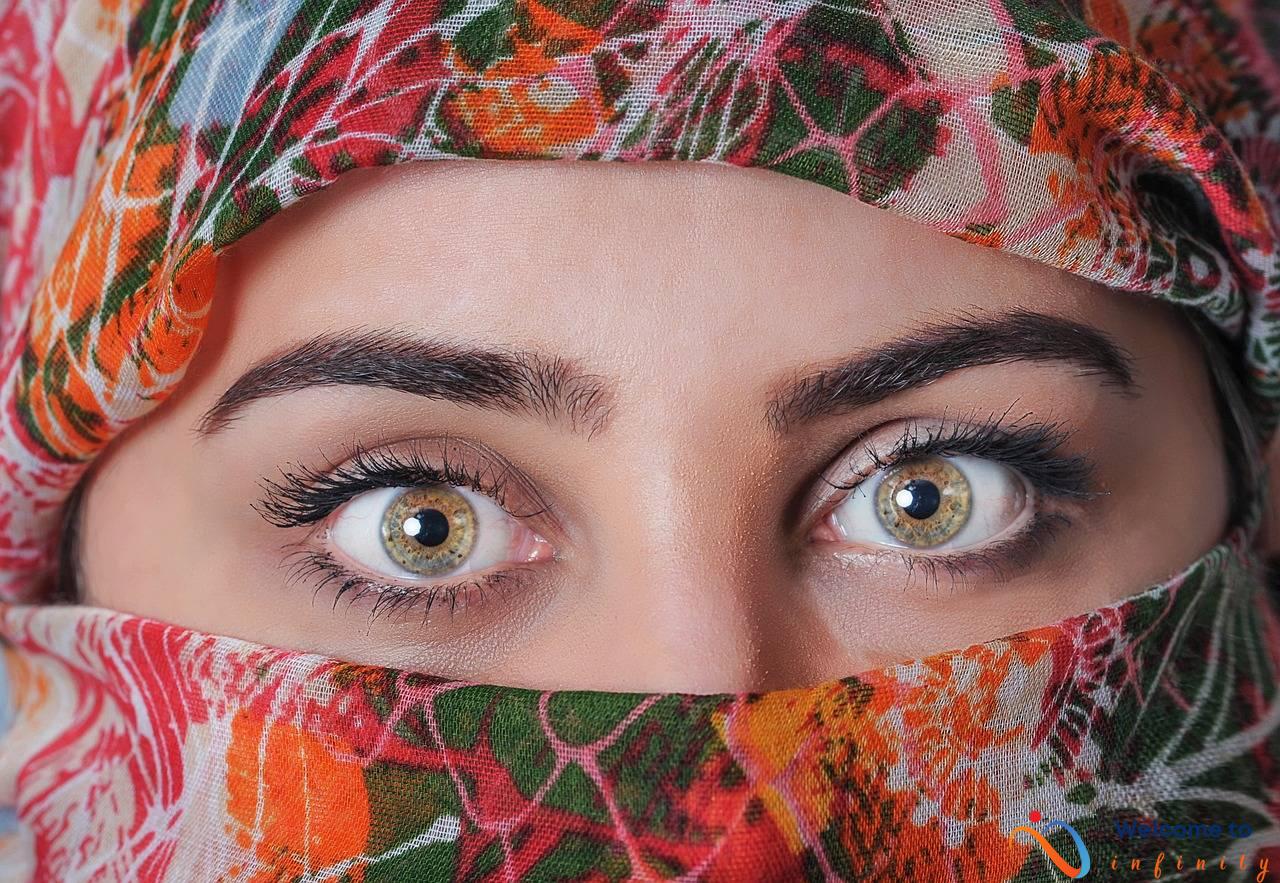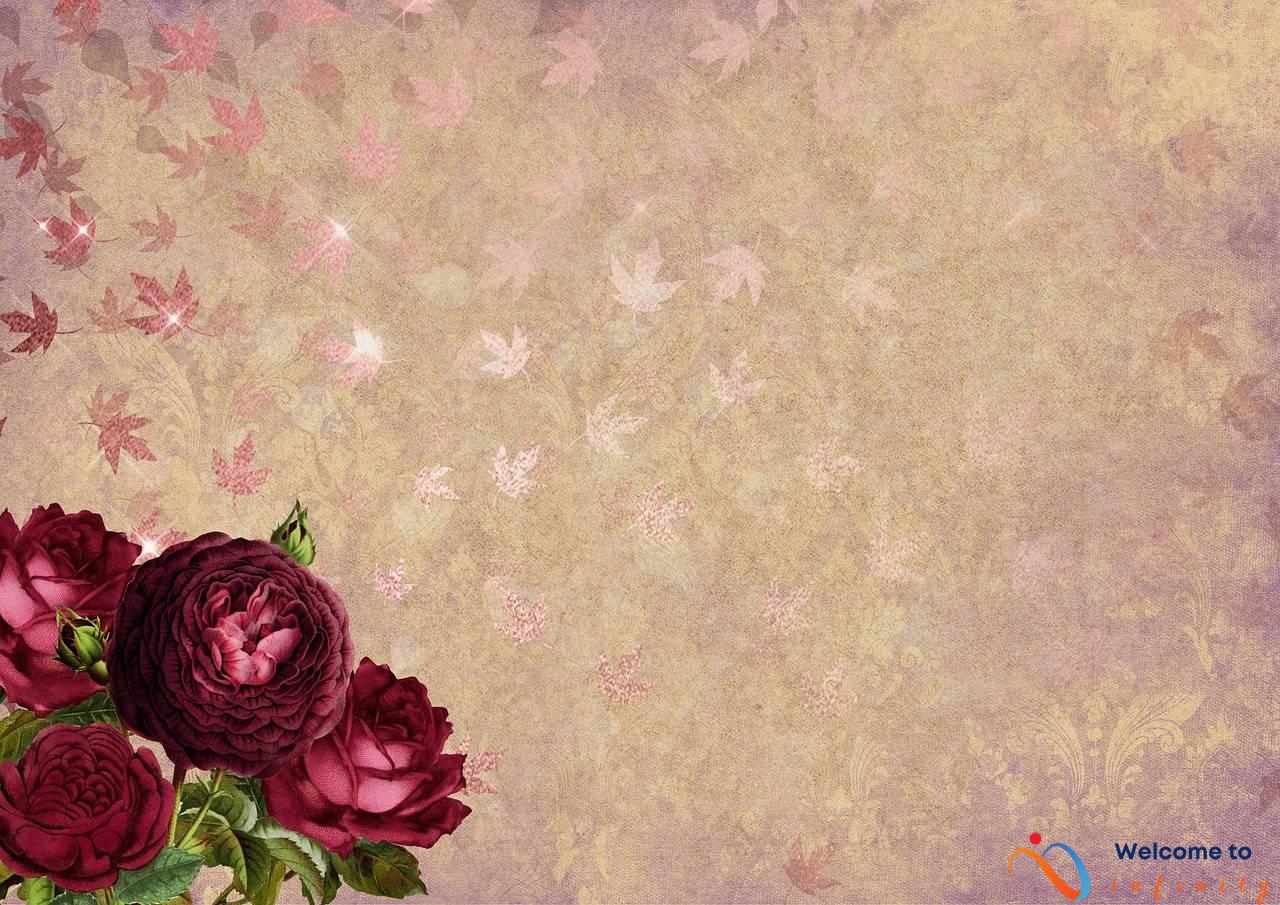weddings are a special occasion where two people express their love and commitment to each other. However, when it comes to planning a multicultural wedding, there are many cultural barriers to consider. It's important to understand that cultural differences can lead to misunderstandings and conflicts when planning a wedding. Therefore, it's essential to navigate these differences and create a memorable wedding experience that honors all parties involved.
The first step in planning a multicultural wedding is to understand the cultural differences between the two families. This includes traditions, customs, and religious practices. By learning about each other's cultures, you can incorporate meaningful traditions into the wedding festivities. Cultural awareness and understanding will help make the planning process easier and ensure that everyone feels included and valued.
Choosing the right venue can also play a significant role in honoring both cultures. A venue that is neutral, has a flexible layout, and can accommodate different cultural practices is essential. An outdoor space or a venue with multiple rooms can provide the flexibility needed to incorporate different cultural ceremonies. Moreover, decorations and attire can be used to incorporate both cultures, making the event visually appealing and festive.
Communication and compromise are also essential when planning a multicultural wedding. Be open to discussing each other's preferences, and find common ground where possible. The goal is to create a wedding that celebrates the union of two cultures and creates lasting memories for everyone involved.
In conclusion, breaking down cultural barriers in your multicultural wedding planning can be a challenging task, but it is essential to ensure that everyone feels valued and included. By understanding each other's culture, choosing the right venue, incorporating cultural practices and traditions, and communicating effectively, you can create a beautiful and memorable wedding experience that celebrates diversity and love.
Understanding Cultural Differences
Planning a multicultural wedding requires an understanding of the cultural differences between the two families. It's important to learn about each other's traditions, customs, and religious practices to create a meaningful wedding experience. Take the time to research and ask questions about each other's cultures.
Consider incorporating traditional ceremonies from both cultures into the wedding festivities. For example, if one family practices a traditional wedding dance, you can organize a dance performance during the reception. By including these cultural traditions, you pay respect to both cultures and create a unique experience for everyone involved.
| Tip | Example |
|---|---|
| Research | Read books, articles, and online resources about the cultures that will be represented in the wedding. Attend cultural events in your community to learn more. |
| Ask Questions | Plan meetings or video calls with members of both families to discuss their cultures. Ask thoughtful questions to learn more about their traditions, customs, and practices. |
| Incorporate Traditions | Find meaningful ways to incorporate traditional ceremonies or practices from both cultures into the wedding festivities. For example, lighting a unity candle during the ceremony or serving traditional foods during the reception. |
Understanding cultural differences is more than just learning about the practices. It's also about respecting and appreciating the differences. By doing so, you can create a wedding celebration that honors both cultures and creates lasting memories.
Choosing the Right Venue
Choosing the right venue is a critical step in planning a multicultural wedding. The venue you choose should be neutral to both cultures and have a flexible layout that can accommodate various traditions and ceremonies.
An outdoor space can provide the flexibility needed to incorporate different cultural practices. For example, you could have a Hindu ceremony under a mandap, followed by a Christian ceremony in another area. A venue with multiple rooms can also be advantageous, allowing for different ceremonies and events to take place simultaneously.
When selecting a venue, consider its size and capacity. You will want to make sure that the venue can accommodate all of your guests and that there is ample space for both cultures' traditions. Additionally, accessibility should be considered in choosing the venue, for example, select a venue with ramps or wheel-chair accessibility.
Work with the venue's event coordinator to ensure that all necessary details and arrangements are made. Good communication with the coordinator is essential in executing the wedding smoothly. Make sure the venue staffs are aware of the program of both cultures to make the event a success.
Overall, taking the time to choose the right venue for your multicultural wedding can make all the difference in creating a beautiful, respectful, and memorable celebration of your love and the unity of your families.
Food and Beverages
Good food is essential to a wedding, and this is no exception when it comes to a multicultural wedding. However, finding a balance between the two cultures can be challenging. The key to honoring both cultures is to find a menu that blends dishes from both cultures. Consider offering a fusion menu that combines traditional dishes from both cultures. For example, you can try Mexican-Asian fusion cuisine that incorporates traditional flavors from both cultures.
- Offer a fusion menu that blends traditional dishes from both cultures
- Have separate food stations that offer a variety of cuisines
- Serve different traditional cuisines at different times during the reception
If a fusion menu is not possible, you can have separate food stations that offer different cuisines. This allows guests to choose the food they want and makes it easy to serve different traditional cuisines at different times during the reception. Another idea is to serve traditional dishes from one culture during the cocktail hour and traditional dishes from the other culture during the main course.
The same applies to beverages. You can offer different drinks that represent the cultures, such as sake or soju for an Asian-inspired wedding and tequila or margaritas for a Mexican-inspired wedding. Alternatively, you can serve a selection of wines and beers that cater to the taste of both cultures.
Music and Entertainment
The music and entertainment at a wedding are crucial to creating a lively and joyous atmosphere. When planning a multicultural wedding, it is essential to incorporate music and entertainment from both cultures. One option is to have a DJ or a live band that plays a mix of music from both cultures. This way, guests from both sides can enjoy familiar songs and dance to their favorite tunes. Another option is to hire dancers to perform traditional dances from both cultures. This not only adds an element of entertainment but also helps to showcase the beauty of both cultures.It is essential to communicate with your musician or DJ about your vision for the wedding reception and the type of music you want to play. Create a playlist that includes favorite songs from both cultures to ensure that the music is inclusive and enjoyable for everyone.Additionally, consider incorporating musical instruments from both cultures. For example, if one culture plays the drums and the other plays the guitar, it can be interesting to see how these two instruments can be integrated into one song. Lastly, don't forget to consider the volume of the music. While it's natural to want to turn up the volume to keep the party going, ensure that it does not become too loud or disruptive, especially during cultural performances and traditions.
Attire and Decor
Attire and Decor
The attire and decor of a wedding are not just for aesthetics, but they can also play a significant role in honoring both cultures. While it is essential to respect each other's cultural traditions, finding the perfect balance between the two can be challenging.
One way to ensure the attire and decor are respectful of both cultures is to work with a wedding planner who has experience planning multicultural weddings. They can guide you in selecting appropriate wedding attire for the bride, groom, and other members of each family.
Another consideration is the color palette used in the wedding decor. Different cultures may have different color associations, so make sure that the colors you choose are respectful of both cultures. You can also incorporate traditional patterns or motifs from both cultures into the decor to create a harmonious blend of both cultures.
Table settings and centerpieces can also honor both cultures. You can mix and match table decor or have separate tables with decor that represents each culture. Consider having wedding favors that showcase both cultures, such as small trinkets or sweets that represent each culture.
Communication with the wedding planner and bridal party is also crucial to ensure that everyone is on the same page when it comes to the attire and decor. By working together and finding common ground, you can create a wedding that honors your diverse cultural backgrounds and creates memories that will last a lifetime.
Communication and Compromise
=Communication and compromise are vital components when planning a multicultural wedding. It is essential to create an open dialogue between the two families to discuss their preferences and cultural practices. Listen carefully to each other's needs and ideas and find points of agreement where possible. Be respectful of each other's traditions and customs and find ways to honor both cultures.
An important topic for discussion is the wedding ceremony. The wedding ceremony is the most sacred and significant aspect of the wedding, so it is crucial to include meaningful traditions and practices from both cultures. Discuss which aspects of the ceremony will represent each culture and how to integrate them seamlessly.
Another area to discuss is the choice of food, beverages, and music. Find a way to include traditional cuisine and music from both cultures to make the wedding more enjoyable for everyone. In cases where it is not possible to incorporate both aspects, consider choosing a neutral option that represents both cultures.
Ensure that the wedding planner and vendors you hire understand and respect the cultural practices of both parties. A wedding planner with experience in multicultural weddings can help with navigating cultural differences and devising solutions that work for both families.
The overall objective of planning a multicultural wedding is to create a memorable wedding experience that celebrates the union of two cultures. The process requires communication and compromise to create a balance between both cultures. When done correctly, it will create a beautiful celebration of diversity and love that will leave lasting memories for everyone involved.
Hiring Vendors
One of the key aspects of planning a multicultural wedding is hiring vendors who are experienced in working with different cultures. When looking for vendors such as photographers, videographers, and caterers, it's essential to find professionals who know how to honor both cultures.
Start by asking for recommendations from friends and family, particularly those who have experience with multicultural weddings. Browse online directories and wedding planning websites to find vendors that specialize in multicultural weddings.
Before hiring any vendor, ask for references and conduct interviews to ensure that they understand and respect the different cultural practices involved in your wedding. Ask about their experience working with different cultures and how they plan to honor each culture in their role.
It's also vital to discuss any particular needs or requirements upfront, such as religious customs or dietary restrictions. Choose vendors who are open to communication and willing to work with you to create a wedding that honors both cultures.
When it comes to photography and videography, look for professionals who have experience capturing multicultural weddings. They should be familiar with traditional poses and customs from both cultures and know how to incorporate them into their work.
For catering, find a caterer who is familiar with both cuisines and can offer a fusion menu that incorporates traditional dishes from both cultures. Alternatively, consider hiring separate caterers for each cuisine to ensure that both cultures are represented on the menu.
Overall, hiring the right vendors can make all the difference in creating a memorable and respectful multicultural wedding. Take the time to do your research, ask for references, and conduct interviews to ensure that you find experienced professionals who understand and honor both cultures.
Pre-Wedding Events
Pre-wedding events can be a great way to ease into the multicultural wedding experience. These events, such as the engagement party and rehearsal dinner, are excellent opportunities to incorporate cultural traditions that may not fit into the wedding day itinerary.
Honor each culture by having separate pre-wedding events that cater to their customs and traditions. For example, you can have a henna party for an indian engagement or a tea ceremony for a Chinese engagement. The pre-wedding events can also be an excellent way for both families to get to know each other and learn more about their respective cultures.
Consider incorporating both cultures into the rehearsal dinner by having a fusion menu or hosting separate dinners that cater to each culture's cuisine. This can be a great way to showcase both cultures' food and come together as one big family before the wedding day.
Ultimately, the goal of pre-wedding events is to create a sense of unity and respect for each other's cultures. By incorporating cultural traditions into these events, you can start off the wedding festivities on the right foot and make everyone feel included and valued.
The Wedding Ceremony
The wedding ceremony is the most anticipated and cherished part of any wedding, and it should be planned with care and attention to detail. When planning a multicultural wedding, it's important to thoughtfully incorporate cultural practices and traditions that are meaningful to both families.
One way to incorporate cultural practices is by exchanging cultural wedding vows. For example, in Hindu weddings, couples exchange vows in Sanskrit, while in Chinese weddings, couples may include a tea ceremony as part of the vows exchange.
Prayers and rituals are another way to honor both cultures during the wedding ceremony. In Jewish weddings, the couple may participate in the breaking of the glass, while in Muslim weddings, the couple may recite the nikah, which is the Islamic marriage contract.
It's essential to work with a wedding planner who has experience planning multicultural weddings to ensure that the wedding ceremony is respectful of both cultures and their traditions. They can help guide you in selecting the appropriate wedding ceremony rituals and incorporating them smoothly into the wedding ceremony.
Overall, the wedding ceremony is a time to celebrate the love and union of two people and their families. By thoughtfully incorporating cultural practices and traditions, the ceremony can be a beautiful representation of the diversity and love shared between the couple, their families, and their cultures.
Celebrating Multiculturalism on Your Wedding Day
Celebrating Multiculturalism on Your Wedding Day can be one of the most beautiful experiences for couples who come from different cultural backgrounds. By honoring both cultures and traditions, a multicultural wedding can become a symbol of diversity and love.
Planning is the key to a successful multicultural wedding. It involves understanding and negotiating cultural differences, choosing the right venue, food and beverages, music, attire, decor, and vendors, and finding common ground where possible. When planned with care and respect, a multicultural wedding can create lasting memories and strengthen the bond between two families.
Incorporating cultural traditions from both families is essential to celebrate multiculturalism on your wedding day. You can exchange cultural wedding vows, have prayer or rituals, incorporate traditional dances from both cultures, and more. You may also want to consider having pre-wedding events that honor both cultures, such as separate engagement parties or rehearsal dinners.
Remember the purpose of celebrating Multiculturalism on Your Wedding Day is to celebrate love and the union of two families with different cultures. By breaking down cultural barriers and incorporating traditions from both cultures, your wedding can be a beautiful celebration of diversity and love. Celebrate your multiculturalism and have a memorable wedding!












